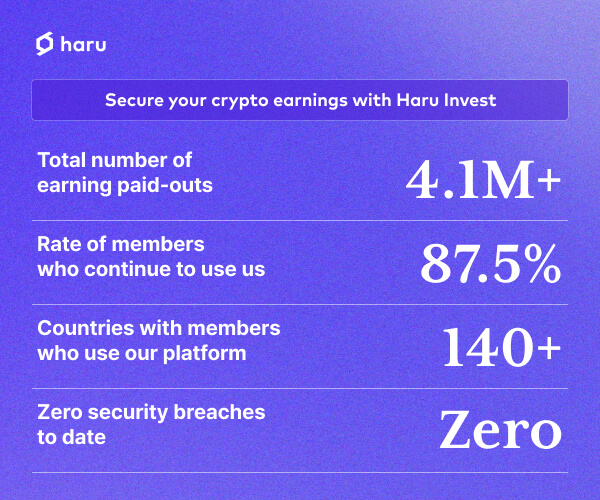Japan urges other countries to regulate crypto companies like banks


Japanese regulators are asking other countries to regulate cryptocurrencies like banks, according to a Bloomberg report. January 16th.
Mamoru Yanase, deputy director of the strategy department at Japan’s Financial Services Agency (FSA), told the news company.
“Cryptocurrencies have gotten this big … If we want to implement effective regulation, we have to do the same thing that regulates and supervises traditional institutions.”
Yanase continued to comment on the collapse of FTX. He argued that the mere existence of cryptocurrencies did not cause the event. I warned.
That is why Japan’s Financial Services Agency has begun urging similar regulators in other countries, including the United States and Europe, to regulate cryptocurrency exchanges as thoroughly as they regulate banks, he said. He said Japan has been an advocate for global crypto regulation through its position within the International Financial Stability Board.
In an interview, Yanase suggested that foreign regulators may demand new measures from cryptocurrency exchanges. One such measure could be an on-site inspection to ensure that the company is properly managing customer assets. He also proposed a “multilateral solution mechanism” to help countries work together when big companies fail.
Despite such regulatory calls, Japan is often perceived as a moderately crypto-friendly country. There are few regulations restricting cryptocurrencies, and companies that deal in cryptocurrencies are allowed to register as cryptocurrency exchanges.
Countries are acting more generously in certain areas. Japan recently announced plans to lift the ban on foreign stablecoins. It also finances the development of Metaverse and his NFT-related projects through government investments.
Some cryptocurrency companies are reducing their presence in Japan. Both Kraken and Coinbase plan to end or significantly scale back their operations in the country. However, that trend appears to be due to local market conditions rather than any specific restrictions on the crypto.




